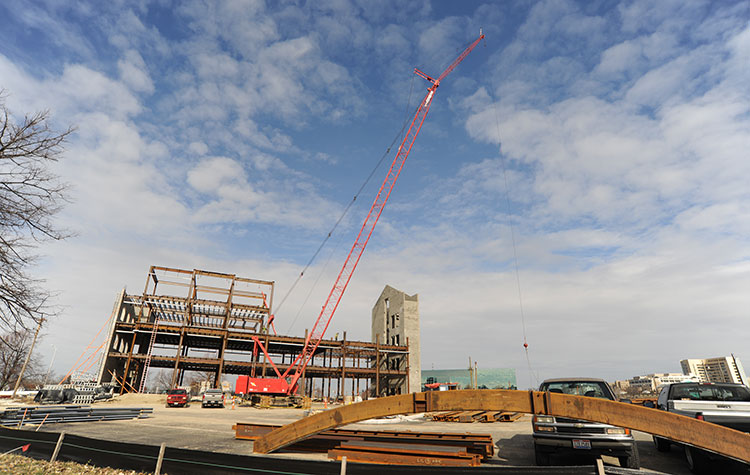Pullout Resistance Characteristics of Cast Iron Pipe
Document Type
Article
Publication Date
10-2009
Publication Source
Journal of Transportation Engineering
Abstract
Cast iron pipe came into heavy use during the latter half of the 19th century and numerous utility companies formed extensive pipeline networks using cast iron pipes until 1940s. Later cast iron pipe was superseded by ductile iron pipe. The existing cast iron pipelines have been in service for a long period of time, with some of them being more than a century old. While many of the existing cast iron pipelines remain perfectly serviceable, some of them show signs of deterioration, mainly in the form of breaks and leaks. The deteriorated cast iron pipe sections are currently being replaced with polyethylene pipes. When the polyethylene pipes are exposed to temperature drops, higher thermal expansion/contraction coefficient of polyethylene results in additional pullout forces in the cast iron pipes. Depending on the magnitude of the temperature change and the resisting forces available, such as soil-cast iron interface friction, the additional forces can cause cast iron pipes to pullout from the joints resulting in leaks. A series of full-scale field tests were performed to determine the pullout resistance of cast iron pipe. The tests were performed for two types of backfill densities, dense and loose. Pullout resistance-displacement relationships were obtained for both cases. The test results were compared with a model available and used in practice for the calculation of pullout resistance of buried pipes.
Inclusive pages
730-735
ISBN/ISSN
0266-352X
Copyright
Copyright © 2009, American Society of Civil Engineers
Publisher
American Society of Civil Engineers
Volume
135
Peer Reviewed
yes
Issue
10
eCommons Citation
Bilgin, Ömer and Stewart, Harry E., "Pullout Resistance Characteristics of Cast Iron Pipe" (2009). Civil and Environmental Engineering and Engineering Mechanics Faculty Publications. 44.
https://ecommons.udayton.edu/cee_fac_pub/44
COinS




Comments
Permission documentation is on file.